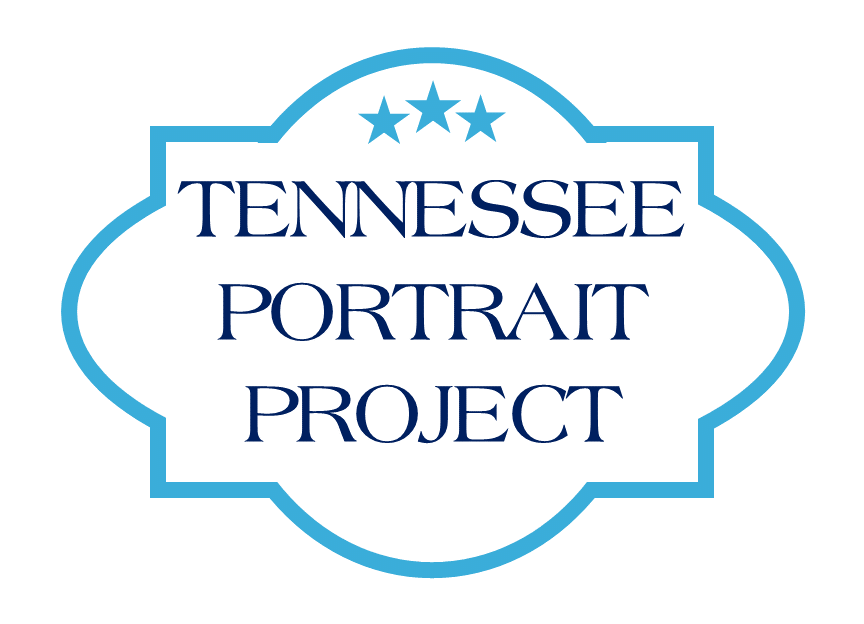(b Lausanne, 12 July 1808; d Georgetown, KY, 25 July 1874). American painter of Swiss birth. Before 1822, his father, Jean-Baptiste de Troy, a sculptor of minor fame, moved his family to England, where Edward was instructed in drawing and perhaps painting. The animal painter Jacques-Laurent Agasse knew the family well. Troye wrote in 1857 that he was trained in London by the best masters and stated that he followed the style of George Stubbs and John N. Sartorius. In 1831 Troye arrived in Philadelphia, where he was employed as a magazine illustrator. The following year he exhibited animal subjects at the annual Pennsylvania Academy of Fine Arts exhibition and rapidly found patrons among racehorse owners. His typical works show motionless, unsaddled and riderless animals against a low horizon (e.g. Undefeated Asteroid, 1864; Richmond, VA, Mus. F.A.). Light glistens across the body surface, detailing muscle and bone structure with a skill that received critical acclaim. Many of his works were engraved for publication in the media. From 1849 he taught French and drawing at Spring Hill College, Mobile, AL. In 1855 he left to spend 18 months travelling in Europe and the Near East. His large landscape views of Syria and the Holy Land went on exhibition and were well received. Thereafter he spent 19 years travelling between the major horse breeding centres in Kentucky, Virginia, Ohio and New York.


